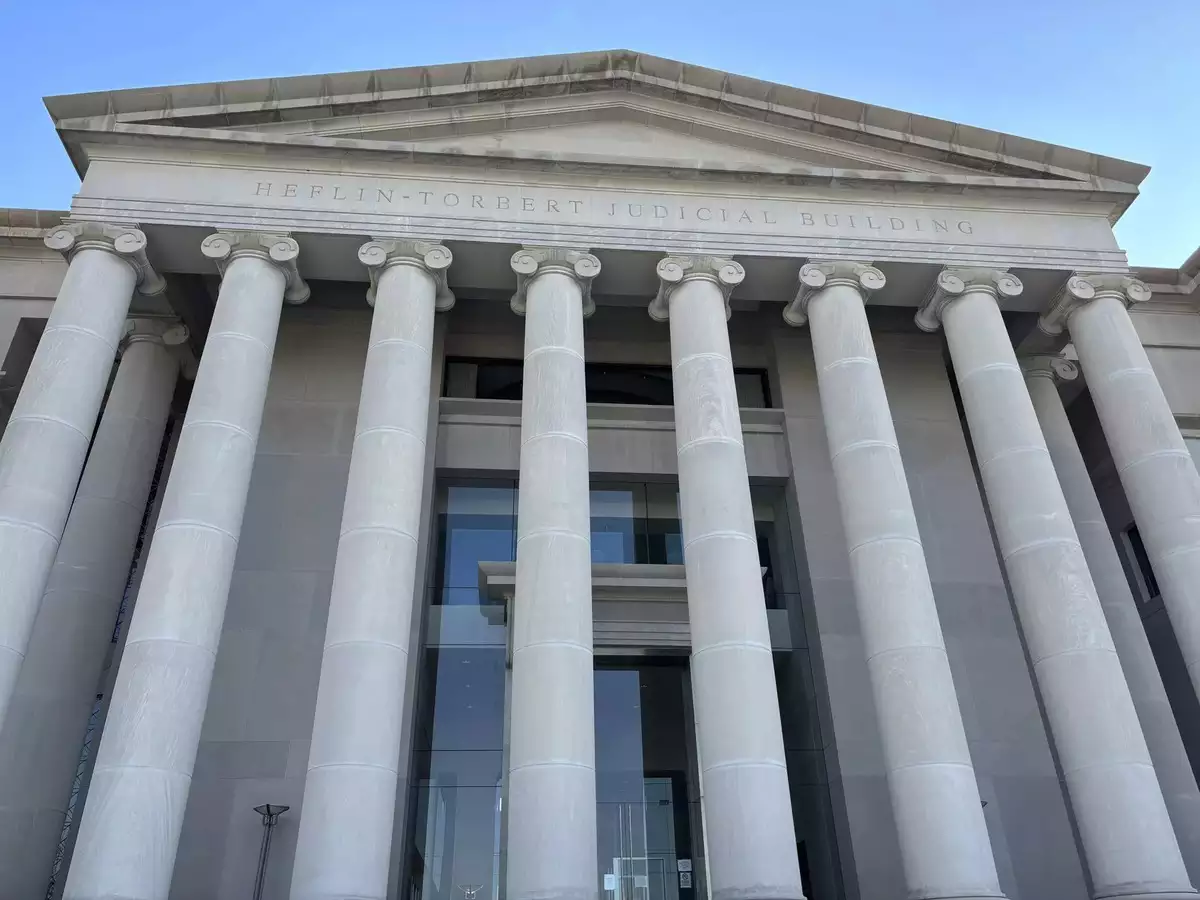Several Alabama in vitro fertilization (IVF) providers have ceased operations following a state Supreme Court ruling recognizing frozen embryos as children, raising concerns about the future of reproductive healthcare in the state.
The court’s decision, which defines embryos in test tubes as children, has created legal uncertainties surrounding the storage, transport, and use of embryos in Alabama.
The University of Alabama at Birmingham (UAB) announced a pause in IVF treatments due to fears of legal repercussions for patients and physicians. Two other providers, Alabama Fertility and the Center for Reproductive Medicine at Mobile Infirmary, have also halted IVF services.
The decision affects hundreds of patients who rely on assisted reproductive technology to conceive.
President Joe Biden condemned the ruling, stating that it jeopardizes access to fertility treatment for families striving to conceive and reflects a disregard for personal choice. He attributed the ruling to the Supreme Court’s 2022 decision overturning Roe v. Wade, the landmark case affirming abortion rights.
Republican presidential candidate Nikki Haley expressed disagreement with the ruling, emphasizing the importance of maintaining fertility treatments. She plans to review Alabama law to address the legal implications for IVF providers.

The Alabama Supreme Court case arose from a dispute involving three couples seeking damages after their frozen embryos were accessed and destroyed. The court’s interpretation of the state constitution and a 2018 voter-approved amendment granting full rights to fetuses led to the recognition of embryos as “unborn children.”
In response to the ruling, Republican state lawmaker Tim Melson intends to introduce legislation clarifying the viability of embryos until implantation, potentially shielding IVF providers from legal risks.
Alabama Fertility encouraged advocacy efforts to support legislation safeguarding IVF services amidst legal uncertainties. The ruling underscores the ongoing debate over reproductive rights and highlights the potential impact of judicial decisions on healthcare access and personal freedoms.




